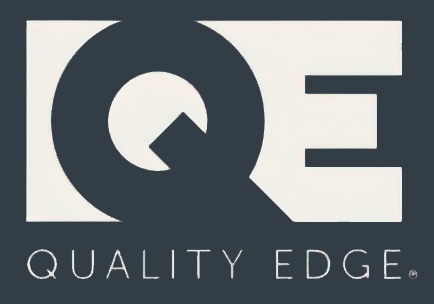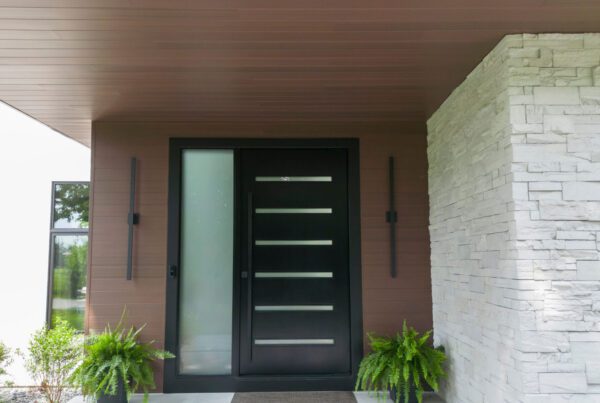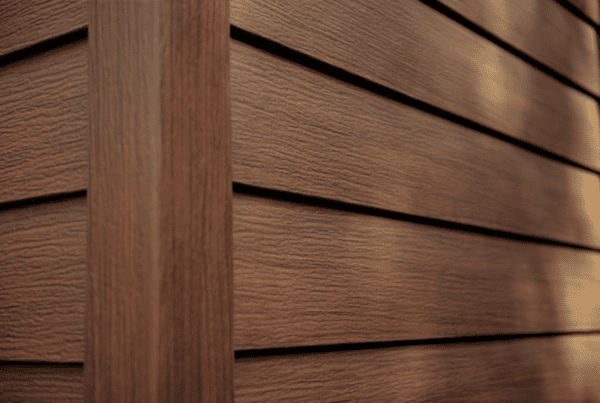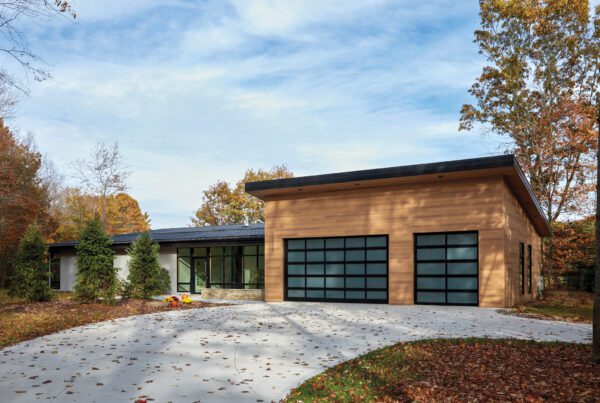Millennials may debate the merits of vinyl records, but when it comes to siding a home, there is a clear winner in the eyes of the new generation of home buyers – and it’s anything but vinyl. As the impact of younger homeowners affects the siding industry, a recent article in Pro Remodeler magazine speculated about the future of vinyl siding.
Millennials – now in their 20s to early 30s – are entering their prime as first time homeowners. According to the National Association of Realtors, millennials now represent the largest group of home buyers in America, as they have for the last two years. And their attitudes as home buyers and home owners are different from those of previous generations.
Young home buyers these days are increasingly tech savvy and environmentally concerned. Having grown weary of marketing messages, they research their buying decisions on their own, and weigh factors like health and the environment in their choices.
When it comes to remodeling, vinyl siding is bound to be particularly unattractive to this class of homeowners. There’s no avoiding the well-known environmental impacts of polyvinyl chloride (PVC), also known as vinyl. In particular, vinyl siding has some harmful effects during three phases – manufacturing, exposure to heat or burning, and disposal at end of life.

Dioxins
Especially during manufacture, or when the siding product is heated or burned, vinyl releases dioxins. Dioxins are classified as “carcinogenic persistent bio accumulative toxins” (PBTs). PBTs are known for negative environmental impacts and negative health impacts on people.
Pthalates
Soft forms of PVC, like vinyl siding, have plasticizers called phthalates that make them soft. Pthalates have been linked to reproductive health and respiratory issues.
Disposal
As vinyl degrades over time, it becomes brittle and crumbly, but it does not break down. Vinyl is difficult to recycle, so in all likelihood, vinyl siding will some day be added to a landfill.
Due to their awareness of the world they grew up in, millennials are likely to be attracted to energy efficiency and ease of maintenance.





